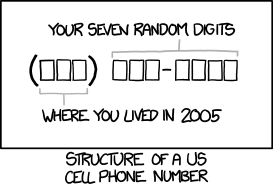Of toads, modernization, and simplified characters
Considering the fact that we've had a lot of traffic on spelling bees, character amnesia, simplified characters, and whatnot on Language Log recently, it's not surprising that the following article by Dan Kedmey would appear in Time yesterday (Aug. 15, 2013), though without any mention of Language Log: "What the Word 'Toad' Can Tell You About China’s Modernization".
At first I was going to just write a short note about this article and add it as a comment to this post from a week ago. But the more I read through the article, the more annoyed I became by how riddled with errors it is. So I've decided to write this post listing some of the more egregious mistakes, lest innocent readers be led astray. After all, Time still commands a substantial readership, so the magazine needs to be held accountable for the accuracy of its statements, even when writing about something so supposedly quaint as Chinese — which, by now, certainly should no longer be viewed as exotic at all, since China has become very much a part of the global economy.
Read the rest of this entry »


